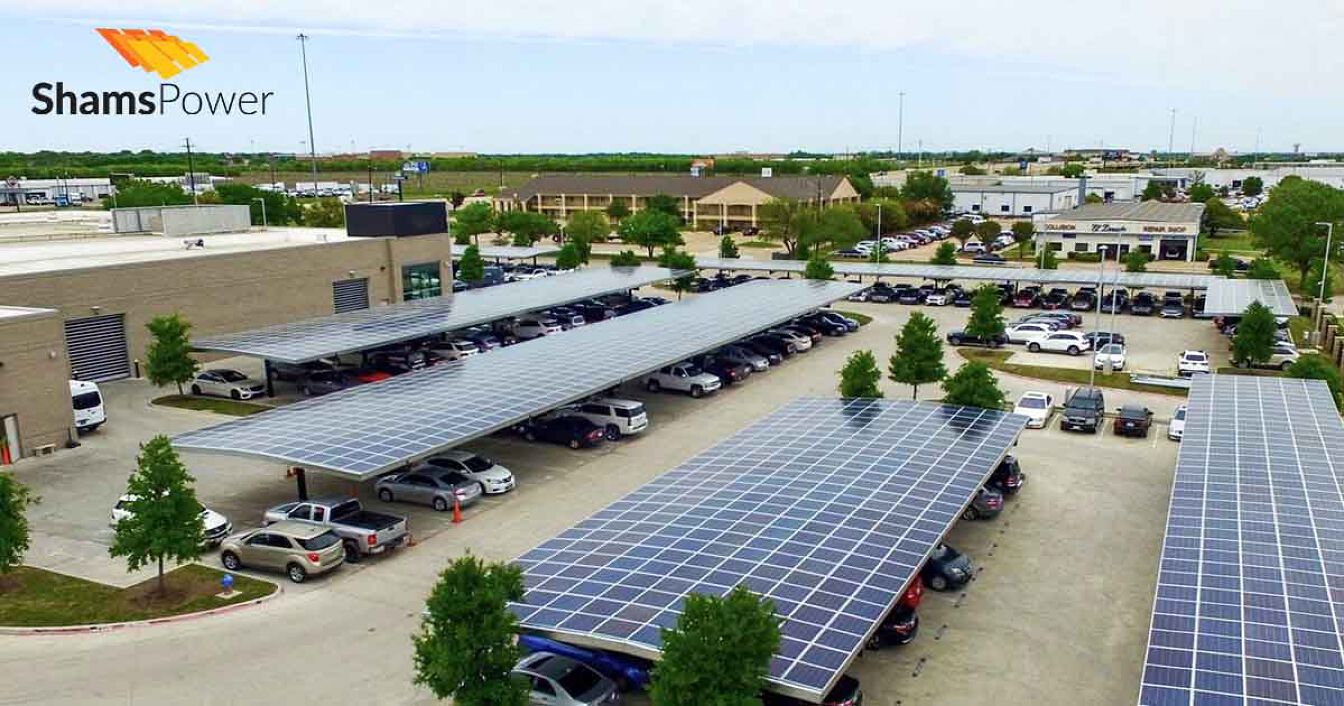Shams Power: Benefits of Solar Power System in Pakistan for the Industrial Sector
Industrial solar power systems in Pakistan are an affordable and reliable source of energy. They are also environmentally friendly and provide a high return on investment. They are a great option for businesses that want to make a difference in the world.
Many solar companies offer net metering and other incentives to help businesses go green. However, you must choose the right company for your needs.
Cost-Effectiveness
Solar energy is a sustainable power source that is cost-effective in the long run. Its benefits include cost savings in electricity bills, and it is a great way to reduce CO2 emissions. In addition to this, it provides a good alternative to traditional electricity sources.
Pakistan has a high sun irradiance and is a prime target for solar energy development. However, a number of barriers must be overcome to achieve this goal. These barriers include lack of a robust renewable energy policy and grid infrastructure.
The electricity demand in Pakistan peaks in the summer due to longer daylight hours and stronger sunlight. By generating solar energy on-site, industrial units can lower peak demand and avoid costly power outages. This will also reduce their electricity bill to HESCO. In addition, these systems are expected to last for between 20 and 25 years, so they will continue to save money well after the initial investment. This will help to reduce the country’s dependence on foreign imports and improve energy security.
Environmentally Friendly
The use of renewable energy can greatly reduce Pakistan’s dependence on fossil fuels and its associated environmental costs. In addition, solar energy can help alleviate the energy crisis in the country. However, investment in solar energy is not easy due to the challenging politico-economic climate in Pakistan. To increase investments in renewables, the government should provide incentives to encourage PV prosumers and improve grid infrastructure.
Solar power systems can help to lower peak electricity demand, which typically occurs during summer months. This can reduce the need for conventional power plants and reduce the emissions of greenhouse gases, such as sulphur dioxide, nitrogen oxides, and particulate matter.
Moreover, solar energy can also help to reduce water pollution because traditional power plants use large amounts of water for cooling. Solar panels, on the other hand, require very little water to operate. This is important in a country like Pakistan, where water shortages are common. Additionally, solar energy does not produce any waste products, which makes it a sustainable and environmentally friendly alternative to fossil fuels.
Reliability
In Pakistan, there is a growing awareness that industrial solar power systems can reduce energy costs and help businesses improve their reputation. The benefits of these systems include lower energy bills, increased productivity and a faster return on investment. They can also provide a hedge against fossil fuel price volatility and energy security.
Moreover, the topography and climatic conditions of Pakistan are ideal for harnessing solar power. The country has some of the world’s highest values of solar insolation, and the energy generated from this source can be stored to meet peak demand.
The government has set lofty objectives for renewable energy, including a target of 30% of its electricity supply from these sources by 2030. To achieve these targets, the utility sector will need to scale up solar power generation rapidly. However, several barriers have hindered this process. These barriers include high initial costs, lack of a fixed incentive and a low benchmark tariff.
Energy Security
Pakistan has a lot of energy problems and the solution for this problem is to utilize solar energy. The government has taken serious steps to use this natural asset in order to alleviate the existing energy crisis. Pakistan’s national assembly is the first parliament to function entirely on solar energy and the extra power produced by this system is transferred to the national grid plant [55].
The current energy system in Pakistan relies on fossil fuels, which are expensive and unsustainable. The costs of solar PV paired with batteries are lower than the levelised cost of fossil fuels, and they will continue to decrease over the long term. In addition, they will reduce GHG emissions in the power, heating, transport and desalination sectors. In order to make this transition feasible, the report analyzes the potential for renewables in Pakistan, and suggests policies that can help achieve a fully renewable energy supply by 2050.


.jpg)

Comments
Post a Comment